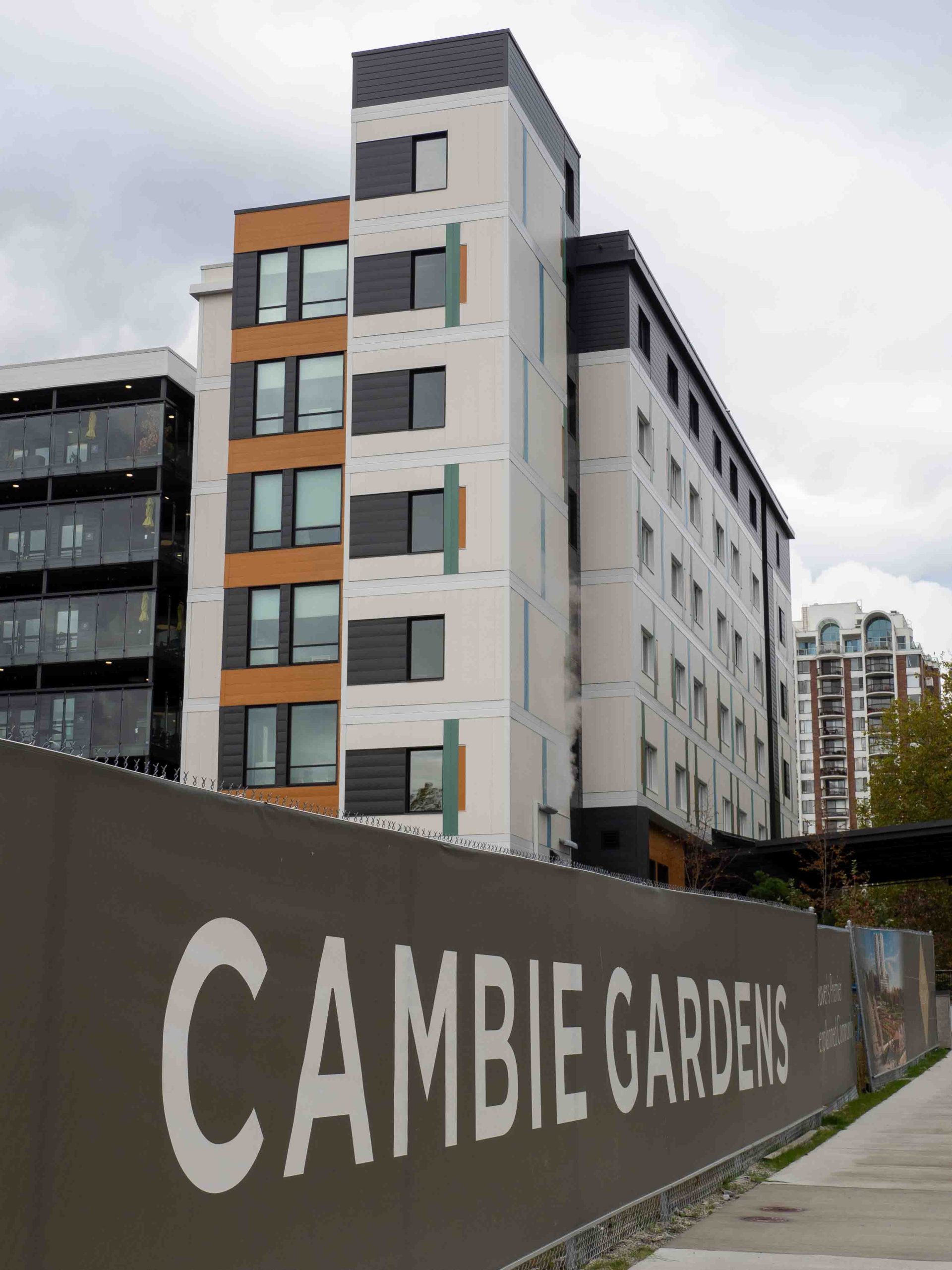The BCUC’s decision probably has valuable lessons for the thermal energy systems market in BC and may signal a change in approach to its regulation. We should know the reasons.
The complaint
On June 30, 2023, SUCCESS Affordable Housing Society (SUCCESS) and the City of Vancouver (City) jointly filed a complaint with the BCUC against Cambie Gardens Energy Limited Partnership (Cambie Gardens Energy).
The complainants sought help from the BC Utilities Commission (BCUC) because SUCCESS could not reach an agreement on rates, terms and conditions for the thermal energy (building heat) it purchases from Cambie Gardens Energy. The City joined the complaint because it owns the property leased by SUCCESS at the Cambie Gardens property development (603 West 59th Avenue, Vancouver).
The decision
In the decision issued on September 24, 2024, the BCUC closed the complaint without setting a rate or terms and conditions for SUCCESS’s use of thermal energy from Cambie Gardens Energy. However, the BCUC did provide the parties with confidential “recommendations and guidance” and gave them an additional six months to continue negotiating an agreement.
The BCUC provided a summary of the decision, but determined that the main body of the decision, including the reasons, would remain confidential.
The exemption
Even without seeing the BCUC’s reasons, it’s clear from the publicly available information that this was a challenging decision.
The complexity arises from the undisputed fact that in 2021 the BCUC granted Cambie Gardens Energy an exemption from rate regulation for its thermal energy system. This means the BCUC does not set rates, terms and conditions for the thermal energy services Cambie Gardens Energy provides, although the utility remains a public utility and the BCUC may, among other things, hear complaints against it.
Thermal energy providers such as Cambie Gardens Energy are exempt from rate regulation because they are presumed to have negotiated competitive rates, terms and conditions with their customers before they start building their facilities (they are also exempt from the Certificate of Public Convenience and Necessity they would otherwise need before starting construction).
The dilemma
In its recent decision, the BCUC explicitly stated that it has not lifted Cambie Gardens Energy’s exemption from rate regulation, so it would appear the BCUC thinks the exemption remains appropriate. But in other ways, the BCUC appears to have acted as though Cambie Gardens Energy is not or should not be exempt from rate regulation.
For example, if Cambie Gardens Energy were truly exempt from rate regulation, the BCUC should have washed its hands of the whole matter and rejected the complaint. This was clearly spelled out in the BCUC’s 2013 decision to grant exemptions to this type of thermal energy systems, as it recognized it would harm the thermal energy systems market if it interfered with competitively set rates.
The BCUC didn’t wash its hands of the matter, though. It has provided confidential “recommendations and guidance” to the parties in their negotiations, and at one point in this proceeding, it even ordered the utility to share confidential cost information with SUCCESS, the party with which it is negotiating. Parties in negotiations don’t share this sort of information willingly in competitive situations; it only makes sense if the rate is being set by the BCUC on some sort of “cost of service” basis.
But if the BCUC is now getting involved in the negotiations, or otherwise attempting to set the rate for SUCCESS’s thermal energy, why did it leave the exemption in place?
The BCUC only grants the rate regulation exemption to utilities with long-term contracts in place with their customers because once the thermal energy system is built, it becomes a local monopoly. With considerable power over its captive customers, contracts negotiated after the system was in place would not lead to a just and reasonable rate.
Without knowing how the BCUC resolved this dilemma, it’s hard to see how its approach will lead to an outcome that is fair to both Cambie Gardens Energy and SUCCESS.
The reasons?
It’s not unusual for the BCUC to keep some evidence confidential in a proceeding, for example personal information or a company’s commercially sensitive data. However, it’s very rare for the public to be denied access to its reasons for a decision. Denying public access to a rates decision like this is, in my experience, unprecedented.
It is not healthy for decision makers to keep their reasoning secret. It undermines confidence in the BCUC’s decisions if we can’t be sure they are being made consistently, and that any variances from past practice are explained and justified.
It’s not even clear that the BCUC has a legal right to keep the reasons secret. The Freedom of Information and Protection of Privacy Act states that records held by a public body are accessible by the public, unless they meet certain exclusion criteria. The publicly available summary doesn’t give any reason for the full decision to be confidential, it only refers to evidence from Cambie Gardens Energy that the BCUC agreed should not be made public.
I think this is a dangerous precedent for the BCUC to set and it should be challenged. I have therefore made a request to the BCUC under the Freedom of Information and Protection of Privacy Act for the full decision including reasons (presumably with any confidential evidence redacted). I’ll keep you posted.


